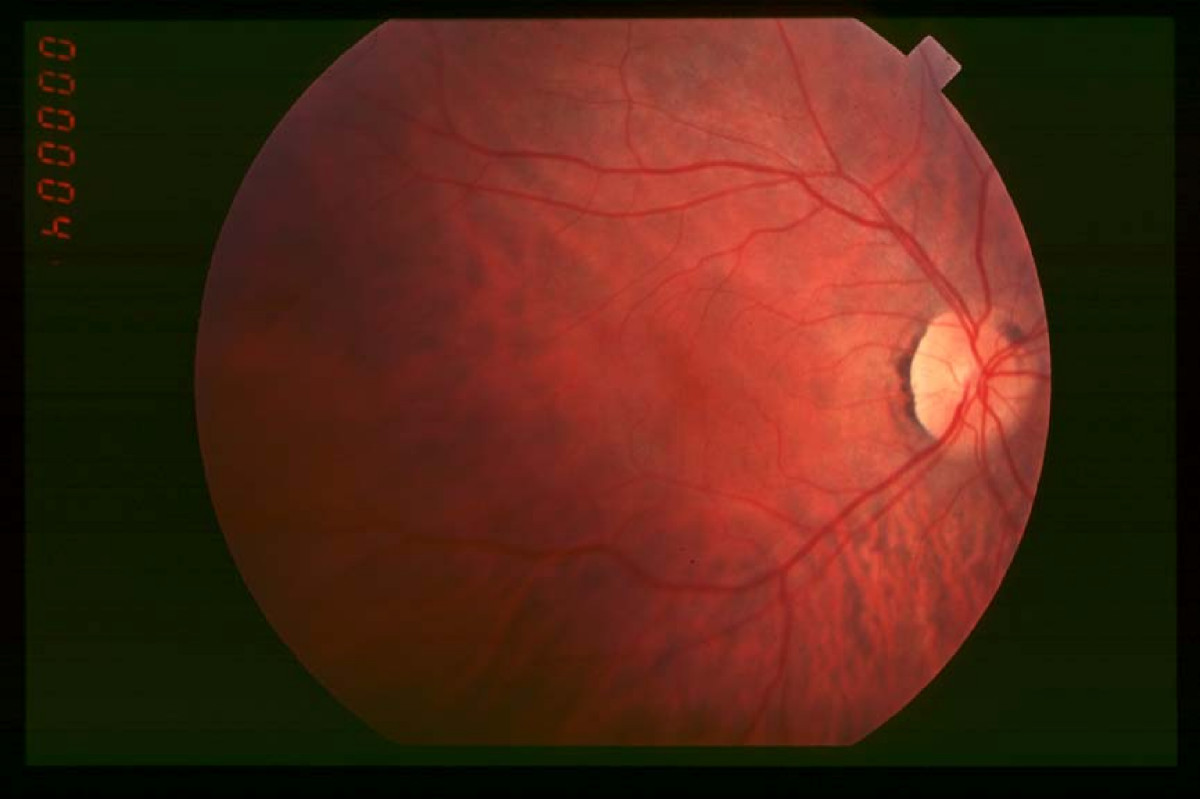
New treatment for Retinitis Pigmentosa shows positive results
Nanoscope Therapeutics has announced positive topline results from Phase 2b RESTORE Trial of MCO-010 for the treatment of retinitis pigmentosa (RP).
RESTORE is a multicenter, randomized, double-masked, sham-controlled clinical trial of MCO-010, an ambient-light activatable Multi-Characteristic Opsin (MCO) optogenetic therapy for vision restoration in advanced retinitis pigmentosa, irrespective of gene mutation. This treatment has received both orphan drug and fast track designations by the FDA.
The study involved 18 patients with severe vision impairment due to retinitis pigmentosa receiving a single intravitreal injection of MCO-010, while 9 received a sham intravitreal injection procedure.
At 12 months, 88.9% of MCO-101 treated patients experienced a clinically meaningful 2 or more luminance level improvement in vision-guided mobility or object recognition, compared to 44.4% receiving placebo. Moreover, clinically meaningful visual acuity gains have been observed in several MCO-010 treated patients.
“I have had the privilege of observing substantial improvements in visual function in several patients who have enrolled in MCO-010 clinical trials over the past year. The fact that we see sustained and sometimes transformative gains in vision function, allowing them to walk in the clinic with more certainty after a single treatment, is remarkable and unprecedented,” said Victor H. Gonzalez, MD, founder of Valley Retina Institute, McAllen, Texas and RESTORE investigator in a company press release. “These participants who were living with severe vision impairment due to RP now have an improved quality of life, very different from before receiving MCO-010. In addition, MCO-010’s favorable safety profile further strengthens my confidence in this ground-breaking treatment that I expect to become an important treatment option for people with advanced RP.”
The safety profile of MCO-010 was favorable, with no serious or severe adverse events. The most common treatment emergent adverse events were anterior chamber cells, ocular hypertension and conjunctival hemorrhage.
“These results are gratifying, as they demonstrate the potential of MCO-010 to restore vision and represent more than a decade of work by many dedicated individuals involved in the discovery and development of this unique fast, broadband, and highly sensitive platform. This is a pivotal moment for the field of mutation-agnostic gene therapy and establishes optogenetics as a therapeutic modality that can restore functional vision in ambient light in patients with severe retinal degeneration. The RESTORE trial data further validate Nanoscope’s MCO platform that is being applied across a growing pipeline of programs. Our approach demonstrates potential across a range of diseases and therapeutic areas and Nanoscope is uniquely poised to advance optogenetics to be a therapeutic reality for patients,” Samarendra Mohanty, Co-founder, President and Chief Scientific Officer of Nanoscope, concluded.
